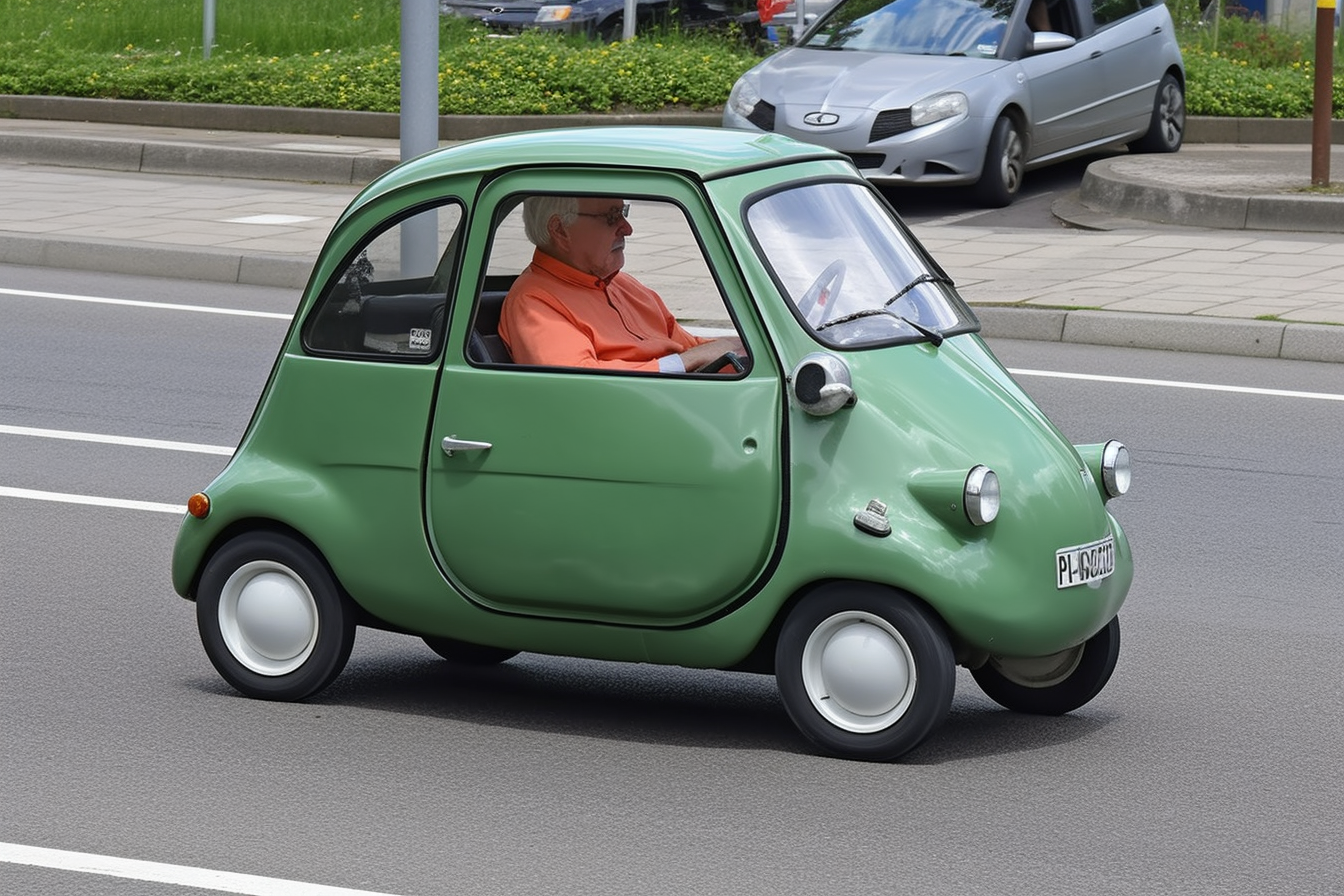Understanding Repossessed Cars: A Complete Guide to Finding and Buying Bank-Seized Vehicles
When financial institutions repossess vehicles due to loan defaults, these cars become available to buyers at potentially significant discounts. Understanding how repossessed cars are sold, where to find them, and what to consider before purchasing can help you make an informed decision while potentially saving money on your next vehicle purchase.

What Are Repossessed Cars and How Do They Become Available?
Repossessed cars are vehicles that financial institutions have reclaimed from borrowers who defaulted on their car loans. Once a bank takes possession, they typically aim to sell these vehicles quickly to recover their losses. This urgency often results in prices below market value, making repossessed cars an attractive option for budget-conscious buyers. These vehicles can range from nearly new luxury cars to basic economy models, depending on the circumstances of repossession.
Where to Find Bank Repossessed Cars for Sale
Several channels exist for purchasing repossessed vehicles:
-
Bank direct sales departments
-
Government auctions
-
Online auction websites
-
Licensed auto auctions
-
Specialized dealerships
Many financial institutions maintain listings of their repossessed inventory online, while others work with third-party auction houses to manage sales. Local police departments and government agencies also regularly auction seized and surplus vehicles.
Understanding the Auction Process for Repossessed Cars
Most repossessed cars are sold through auctions, either in-person or online. The auction process typically involves:
-
Registration and deposit requirements
-
Vehicle inspection periods
-
Competitive bidding
-
Immediate payment upon winning
-
As-is purchase conditions
Buyers should understand that auction purchases usually come without warranties and may require immediate cash payment or certified funds.
Key Considerations Before Buying Bank Repossessed Cars
Before pursuing a repossessed vehicle purchase:
-
Research the vehicle’s history
-
Arrange for independent inspection when possible
-
Calculate all associated costs
-
Understand auction rules and requirements
-
Prepare financing in advance
-
Review all available documentation
Common Sources for Repossessed Cars and Average Pricing
| Source Type | Average Price Range | Key Features |
|---|---|---|
| Bank Direct Sales | $5,000 - $25,000 | Direct negotiation possible |
| Government Auctions | $3,000 - $20,000 | Wide vehicle variety |
| Online Auctions | $2,000 - $30,000 | Convenient bidding |
| Local Auto Auctions | $1,500 - $15,000 | In-person inspection |
Prices, rates, or cost estimates mentioned in this article are based on the latest available information but may change over time. Independent research is advised before making financial decisions.
Tips for Successfully Purchasing Repossessed Vehicles
Success in buying repossessed cars requires:
-
Setting a firm budget including repairs
-
Thoroughly researching vehicle values
-
Understanding all fees and charges
-
Having funds readily available
-
Being patient and selective
-
Working with reputable sellers or auction houses
While repossessed cars can offer significant savings, buyers should approach these purchases with careful consideration and thorough preparation. The key to success lies in understanding the process, knowing the risks, and being ready to act when the right opportunity presents itself.




